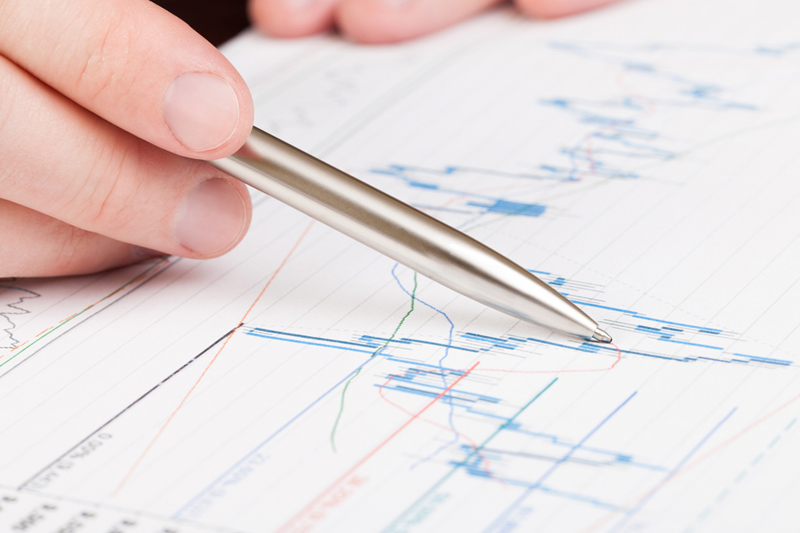
By Mikhail Flores and Neil Jerome Morales
MANILA (Reuters) – Philippine annual inflation accelerated for the second straight month in March as the rice component jumped at the fastest pace in 15 years, giving the central bank reason to keep policy settings tight.
The consumer price index rose 3.7% in March from a year earlier, the statistics agency said on Friday, picking up from the previous month’s rate of 3.4%.
Economists in a Reuters poll had forecast annual inflation in March at 3.8%, within the central bank’s 3.4% to 4.2% forecast for the month.
“The risks to the inflation outlook remain tilted toward the upside,” the Bangko Sentral ng Pilipinas (BSP) said in a statement. The Monetary Board review its policy settings on Monday.
Food inflation, at 5.7%, reached its highest since November 2023.
The component for rice, a staple in the Philippines, hit 24.4% in March, its steepest increase since 24.6% in February 2009. It accounted for nearly half of the headline inflation for March.
Core inflation, which strips out volatile food and energy items, eased to 3.4% in March from 3.6% in February. A Reuters poll had forecast March core inflation at 3.45%.
The BSP will likely keep the benchmark rate unchanged next week, Robert Dan Roces, chief economist at Security Bank in Manila, said.
“While the headline inflation figure is lower than expected, rising food prices remain a concern,” he said.
In February, the central bank kept its benchmark rate steady at 6.50% for a third straight meeting.
